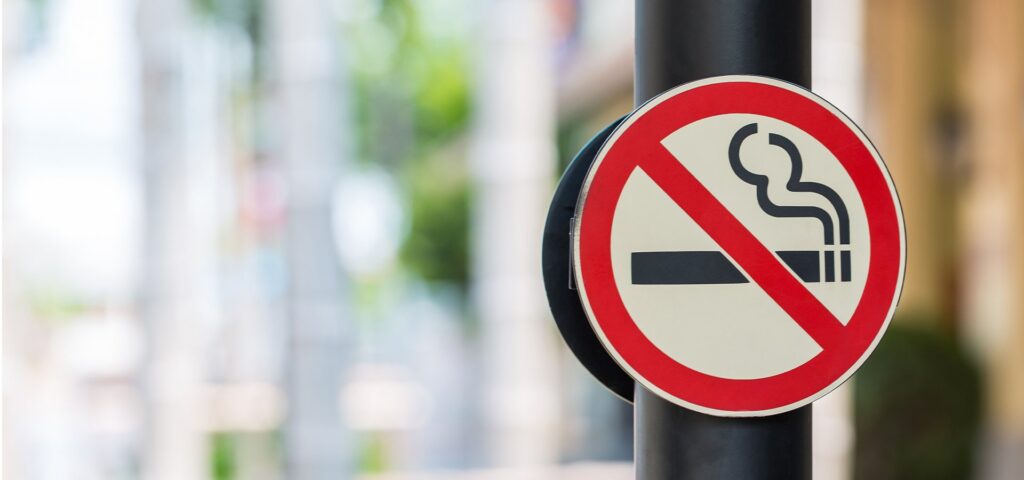Like any drug, the effects of alcohol can differ from person to person. Known for its baffling nature, maybe its no surprise that anything that comes after having a few drinks can be a little unpredictable. Alcohol is a depressant. That means when it is ingested, it slows down certain physical and mental aspects of your body and mind. This might seem confusing, as many people feel the opposite of depressed when they drink. They might even drink specifically to combat depression. When many people drink, they feel peppy. That is because it also affects your brain’s pleasure centers, making one feel less inhibited or more extroverted. Still, many habitual drinkers feel the depressant effects of alcohol and struggle with falling asleep if they haven’t had a drink or two — or more. However, even if alcohol helps you fall asleep, it still reduces the overall quality of your sleep.
Alcohol is a depressant? So why doesn't it help me sleep?
The Jackson Heart Sleep Study, which measured the sleep efficiency among a large group of African American adults, was published this week. It concluded that intake of alcohol and nicotine within four hours prior to sleep resulted in increased fragmented sleep patterns. Previous studies have shown that alcohol might make people fall asleep quicker, but it reduces the rapid eye movement (REM) portion of your sleep cycle. It also slows down your breathing, possibly causing sleep apnea. The fact that nicotine causes disruption to sleep might not come as much of surprise. After all, it is a stimulant. How much it disrupts your sleep is dependent on your level of dependence. Your body might wake itself up in the middle of sleep because of a craving. This can lead to insomnia. Surprisingly, the study did not come to the same conclusion about another stimulant, caffeine. That is because caffeine delays, not disrupts, your sleep cycle. Drinking caffeine before bed will give you energy, making it take longer for you to fall asleep, but once you are asleep your cycle is not fragmented.
What should we make of this?
The study’s goal was to determine ways to achieve a better, sounder sleep, so clearly it recommends avoiding alcohol and nicotine in the hours before bed. While it concluded that caffeine does not disrupt sleep. It is important to know that delaying sleep can still be problematic. If you, like many others, need to wake up by a designated time in order to prepare for work, school, etc., staying up later and waking up at the same will cause you to lose a significant amount of sleep over time. If alcohol is impacting your sleep and you are having trouble cutting it down or out altogether, you are not alone. No one’s story or circumstances are the same, so neither are anyone’s substance use treatment or journeys in recovery. At each of our centers, our clinicians understand this and are equipped to accommodate individualized care. Call a Truhealing Centers admissions specialist at 833-216-3079 to learn about which levels of care our facilities offer, and which one is the best option for you.








